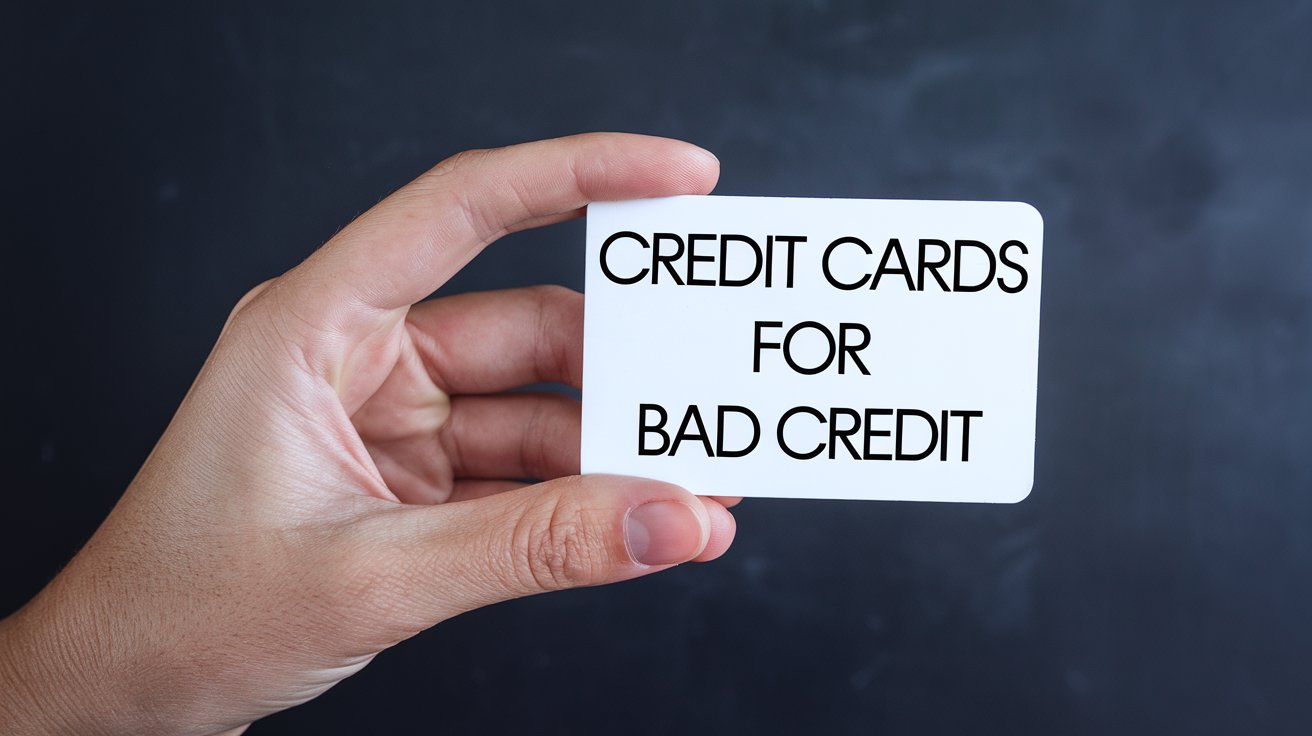
Understanding the Reality Behind No Credit Check Cards
For individuals struggling with poor credit, the promise of a credit card without a credit check can seem like an attractive solution. However, these financial products come with their own set of considerations that deserve careful examination. Let’s explore whether these cards truly provide a pathway to better credit or if they might create additional challenges.
What Are No Credit Check Credit Cards?
These cards are financial products that don’t require traditional credit checks during the application process. Instead of examining your credit history, issuers typically verify your income and banking information. Most of these cards are secured credit cards, requiring a security deposit that becomes your credit limit.
The Pros and Cons You Should Know
Advantages
The most obvious benefit is accessibility – almost anyone can qualify regardless of their credit history. This can provide a starting point for individuals who have been denied traditional credit cards. When used responsibly, these cards can help establish a payment history, as some issuers report to major credit bureaus.
Disadvantages
The downsides often outweigh the benefits. These cards typically come with:
- High annual fees
- Significant monthly maintenance charges
- Elevated interest rates (sometimes exceeding 30% APR)
- Limited credit limits
- Additional processing and program fees
Better Alternatives to Consider
Before applying for a no credit check card, consider these alternatives:
Secured Credit Cards from Major Banks
Many reputable banks offer secured credit cards that require a credit check but have more reasonable fees and better terms. While they require a security deposit, they often have lower fees and may transition to unsecured cards after consistent responsible use.
Credit Builder Loans
These loans are specifically designed to help build credit. The loan amount is held in a savings account while you make payments, helping establish a positive payment history.
Becoming an Authorized User
Ask a family member or trusted friend with good credit to add you as an authorized user on their credit card. Their positive payment history could help boost your credit score.
How to Use These Cards Wisely
If you decide a no credit check card is right for you:
- Pay your balance in full each month to avoid high interest charges
- Never miss a payment
- Keep your credit utilization low
- Monitor your credit report to ensure payments are being reported
- Plan to transition to a better card once your credit improves
The Impact on Your Credit Score
While no credit check cards can help build credit if payments are reported to credit bureaus, their high fees can strain your finances, potentially leading to missed payments that harm your credit score. It’s crucial to confirm whether the card issuer reports to all three major credit bureaus before applying.
Making the Right Choice
When considering a no credit check credit card, carefully review all fees and terms. Calculate the total annual cost, including:
- Annual fees
- Monthly maintenance fees
- Processing fees
- Interest charges
- Any additional program fees
Compare this total with the cost of secured credit cards from major banks to make an informed decision.
Frequently Asked Questions
Q: Do no credit check credit cards always help improve credit scores?
A: Not necessarily. While these cards can help if payments are reported to credit bureaus, their high fees and interest rates may make it difficult to maintain timely payments. Additionally, not all issuers report to all three major credit bureaus, which can limit their effectiveness in building credit. Before applying, verify the issuer’s reporting practices and consider whether you can manage the associated costs.
Q: What’s the typical cost difference between a no credit check card and a secured card from a major bank?
A: No credit check cards often cost significantly more than traditional secured cards. While a secured card from a major bank might have an annual fee of $0-$49, no credit check cards can charge annual fees of $75-$125 or more, plus monthly maintenance fees ranging from $6-$12, processing fees, and higher interest rates. Over a year, the difference in total costs could exceed $200-$300, making traditional secured cards a more economical choice for most users.

Leave a Reply